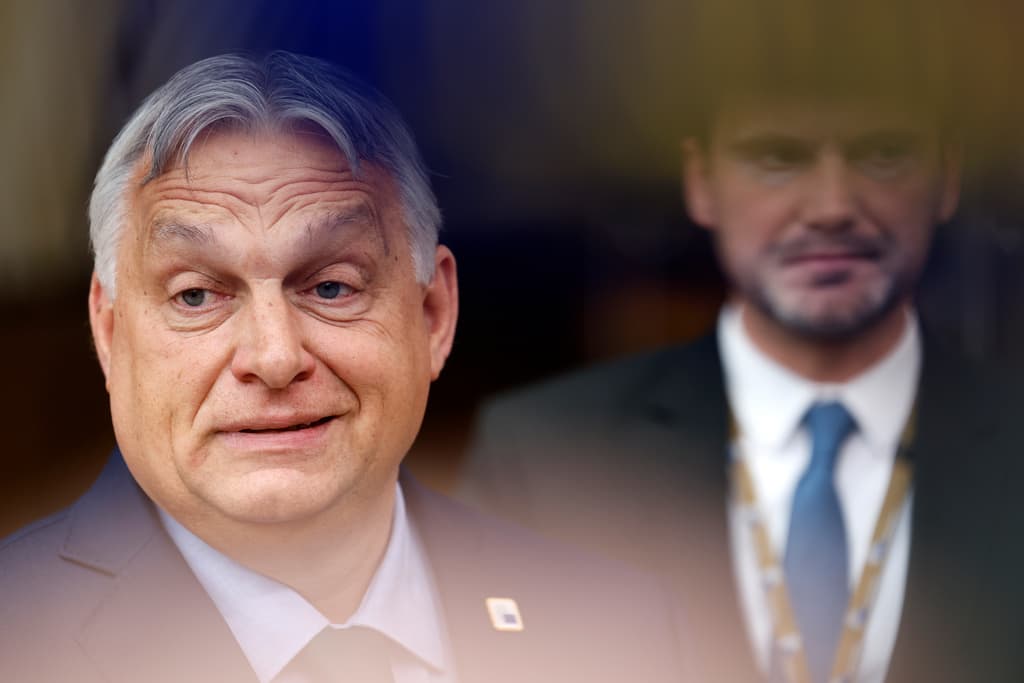With a nod from Donald Trump, Europe is to be "made great again" as Hungary takes over the baton as the presidency of the EU Council.
But is it six months of confrontation or compromise that await under Prime Minister Viktor Orbán? The uncertainty is great.
From the EU leaders' summit last week, Orbán received a tart but thought-provoking comment from the outgoing presidency's prime minister.
To be the presidency does not mean being the boss of the EU. But to be the one who needs to make compromises is an interesting position to be in at least once in life, so I can definitely recommend it to Mr. Orbán, said Belgium's Alexander De Croo at his final press conference.
The point is clear: as the presidency of the EU nowadays, it's mainly about being a unifying negotiating leader who makes as many people happy as possible.
"Stronger together"
This is also what Hungary claims to be. The country's Brussels ambassador, Bálint Ódor, repeats what everyone usually says about being a "neutral negotiator". And he also tries to tone down the edge of the officially Hungarian Trump-inspired slogan "Make Europe great again".
We just want to manifest that together we are stronger than individually, says Ódor at a pre-meeting with correspondents in Brussels.
On the other hand, it has often sounded quite different from Orbán himself and many in his government, whose statements are often characterized by harsh criticism of the rest of the EU and a completely different view on, for example, China and the war in Ukraine.
Good in Georgia?
Or Georgia, whose new Russian-inspired laws were condemned in the EU leaders' joint statement from last week's summit – while Orbán said something completely different.
Things are going well in Georgia. The Georgian government is doing well, I think you're on the right track, said the prime minister on his way into the meeting.
Whether Orbán will now tone down his rhetoric during the six months as president remains to be seen. Hungary's influence over various processes will in any case be less than under other presidencies, since the EU is in a situation without new legislative proposals after the June election, waiting for the next EU Commission to take office in late autumn.
The EU presidency has as its main task to lead the Council meetings and ongoing negotiations with the European Parliament and the European Commission. All regular summits are held in Brussels under the leadership of the Council's permanent president, currently Belgium's former Prime Minister Charles Michel and from late autumn Portugal's former Prime Minister António Costa.
The presidency rotates between all member states for six months at a time. Here are the next five:
2024, autumn: Hungary
2025, spring: Poland
2025, autumn: Denmark
2026, spring: Cyprus
2026, autumn: Ireland
Sweden has previously been the presidency during the spring of 2001, autumn 2009, and spring 2023. The next presidency will take place at the earliest in 2036.






